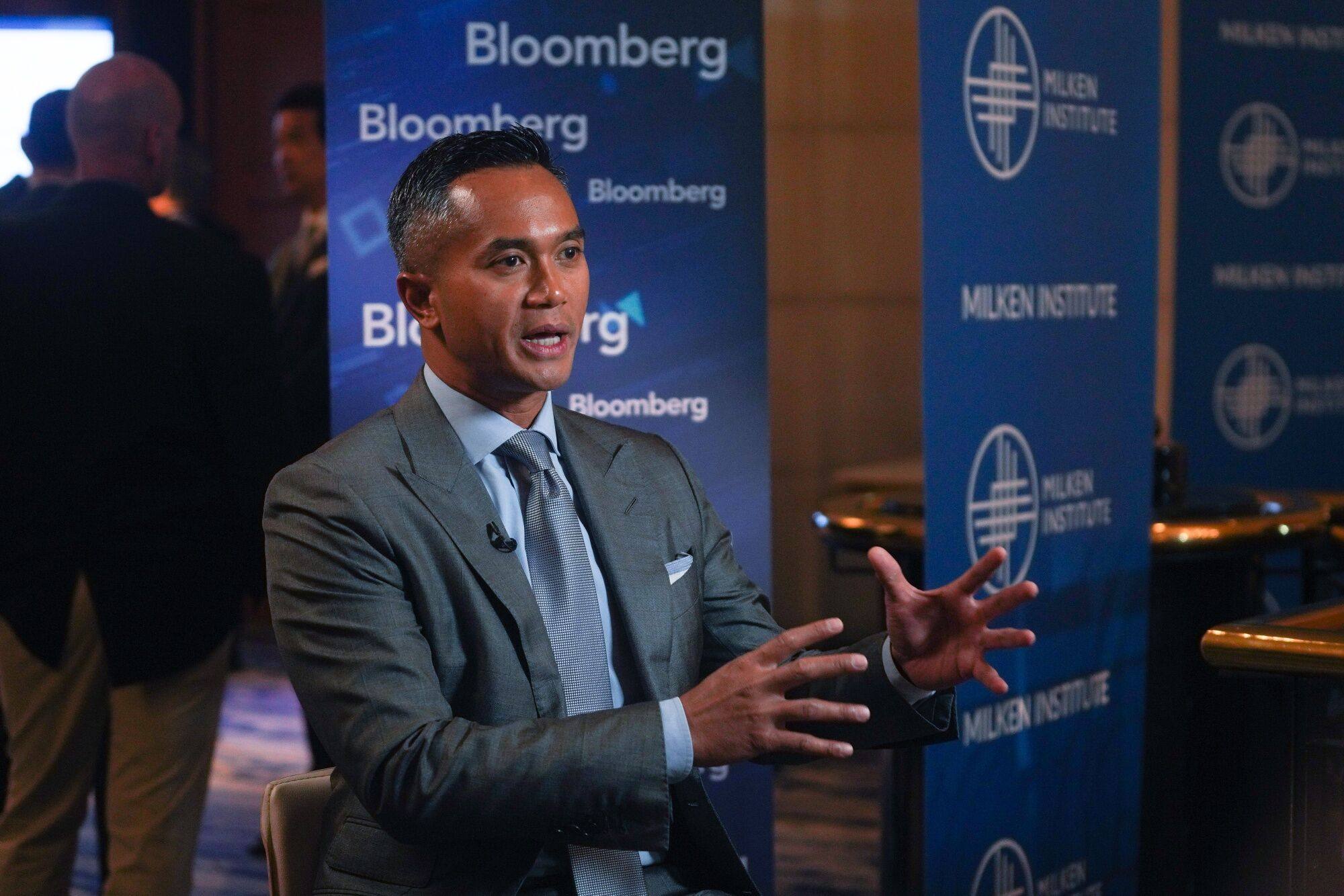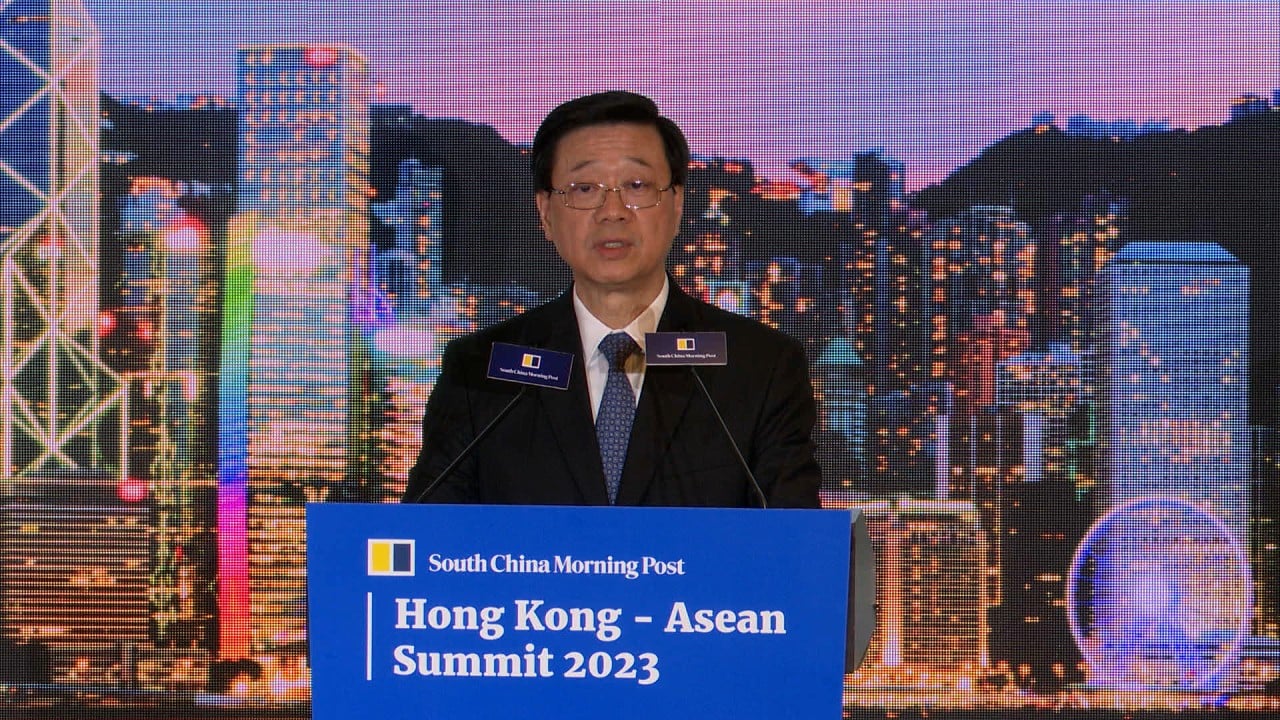
Indonesia on verge of becoming EV leader, needs Asean ‘collaboration’ for region to be manufacturing hub: experts
- One tech investor said Indonesia was ‘at the precipice’ of becoming one of the world’s leaders in the EV space
- Asean could become a global EV production hub if Indonesia can cooperate with other bloc members Malaysia, Thailand and Vietnam, another expert said
Southeast Asian economies could join forces to become a global manufacturing hub for electric vehicles (EVs) and lead the world’s sustainability efforts, industry experts told a business forum on Monday, as Indonesia pursues its goal of leading the EV space.

“Sometimes it’s actually good that collaboration can be done,” he said. “I actually see … Asean as a production hub for the world. We may have two parallel supply chains to the East and the West but that’s OK.”
Bakrie was speaking at the Hong Kong-Asean Summit 2023, which focuses on trade and investment issues between the city and Southeast Asian countries. The event is organised by the South China Morning Post in partnership with the Hong Kong-Asean Foundation and the Our Hong Kong Foundation.
He was part of a panel discussion that explored the role of regional countries in Indonesia’s development.
We see Asean not only as a place for growth … and hopefully bringing stable geopolitics to the world but also a place that can contribute to sustainability
In a separate keynote address, Bakrie said the Association of Southeast Asian Nations (Asean) as a regional bloc was “on track” to become the world’s fourth-biggest economy and among the largest export regions.
Pandu Sjahrir, a seasoned tech investor focused on Indonesia’s energy transition, meanwhile said Indonesia was “at the precipice” of becoming one of the world’s leaders in the EV space.
Indonesia has outlined ambitious plans to grow its EV industry, including setting a production target of 600,000 EVs by 2030. The government also aims to have 2 million electric cars on its roads by 2030, but EVs currently make up less than 1 per cent of the roughly 17 million passenger cars on the road in Indonesia.
“We really are at an inflection point,” he said, adding that he expected “significant activities” linked to energy transition in the next six to 12 months.
“These bilateral exchanges will only help increase the opportunity for both sides to strike deals,” Lau said. There have been “strong” interests in innovation and technology, finance, and consumer sectors.
Like most Southeast Asian nations, Indonesian has refused to take sides to avoid getting sucked into the geopolitical rivalry between the two superpowers.
The taxing effects of US-China rivalry on Indonesia’s EV battery sector
“I would say communication has been the primary driver with respect to Indonesia’s growth,” he said.
“Essentially, this is a balancing act … We have no other choice than to balance both sides,” he said.


